
The Enduring Lure of Conspiracies
Conspiracy theories seem to meet psychological needs and can be almost impossible to eradicate. One remedy: Keep them from taking root in the first place.
Recommendation
Events like the January 6, 2021 attack on the US Capitol show the powerful effect of conspiracy theories. Writing for NiemanLab, Greg Miller outlines who embraces conspiracy theories and why. He finds that political leanings on their own don’t explain much. People yield to conspiracy theories because it helps them feel that they understand complex, scary events. These ideas take root via the brain’s built-in heuristics for managing information and making sense of the world. Miller notes that preventing the spread of conspiracy theories is easier than shaking them loose once they take hold.
Summary
About the Author
Greg Miller, senior writer at Wired and a former staff writer for Science, focuses his reporting on science and technology.








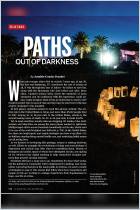
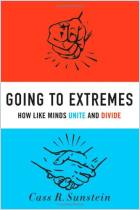
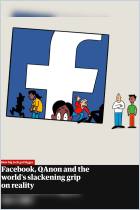


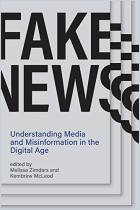
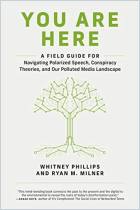

Comment on this summary or Démarrer une discussion